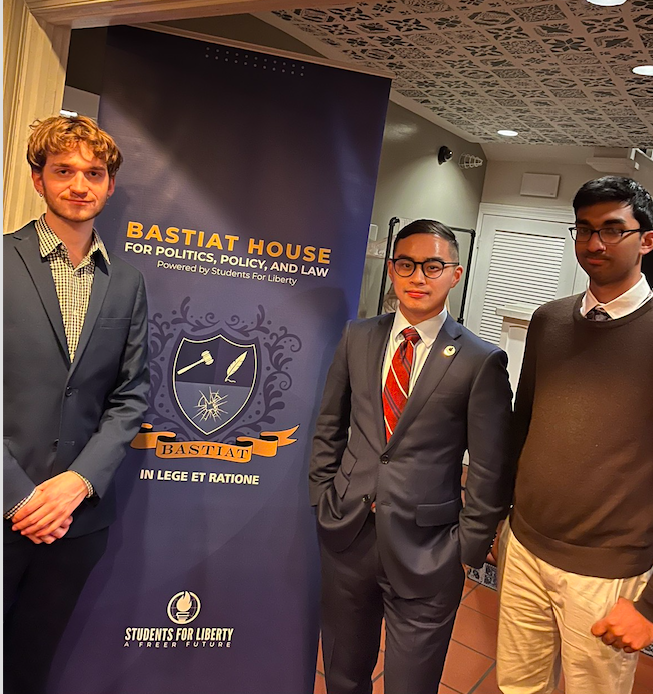Today the Supreme Court decided the latest installment in the continuing saga of jury trial on sentence-determining facts. The case is Erlinger v. United States, No. 23-370.
The Armed Career Criminal Act provides for an enhanced sentence for violators with three prior violent felony convictions of crimes “committed on occasions different from one another.” So who decides if the occasions are different? No one who has followed the Apprendi line of cases will be surprised to learn that the Court held that the right of jury trial extends to this determination.
On the facts of the case, the “different occasions” element is so obvious that a jury would be able to decide it without even sitting down, yet the case goes back to convene a jury for this purpose, unless this can be considered a “harmless error.”
Justice Kavanaugh notes in dissent that this should be a case of harmless error:
This case is a good example [of harmless error]. There can be no reasonable doubt that Erlinger committed three burglaries “on occasions different from one another.” 18 U. S. C. §924(e)(1). Erlinger burglarized three separate businesses, and each burglary occurred several days apart from the other two. His crimes had different victims, different dates, and different locations. And when offered the opportunity to dispute the District Court’s conclusion that he committed the three burglaries on different occasions, “Erlinger supplied no argument or evidence that would cast doubt” on the District Court’s analysis. 77 F. 4th, at 622.
Chief Justice Roberts, while concurring with the majority opinion, says the harmless error issue is open for the Seventh Circuit to consider on remand.
And what does the majority opinion say on this? Nothing.
Justice Jackson, in a solo dissent, says the whole Apprendi line was wrongly decided.





